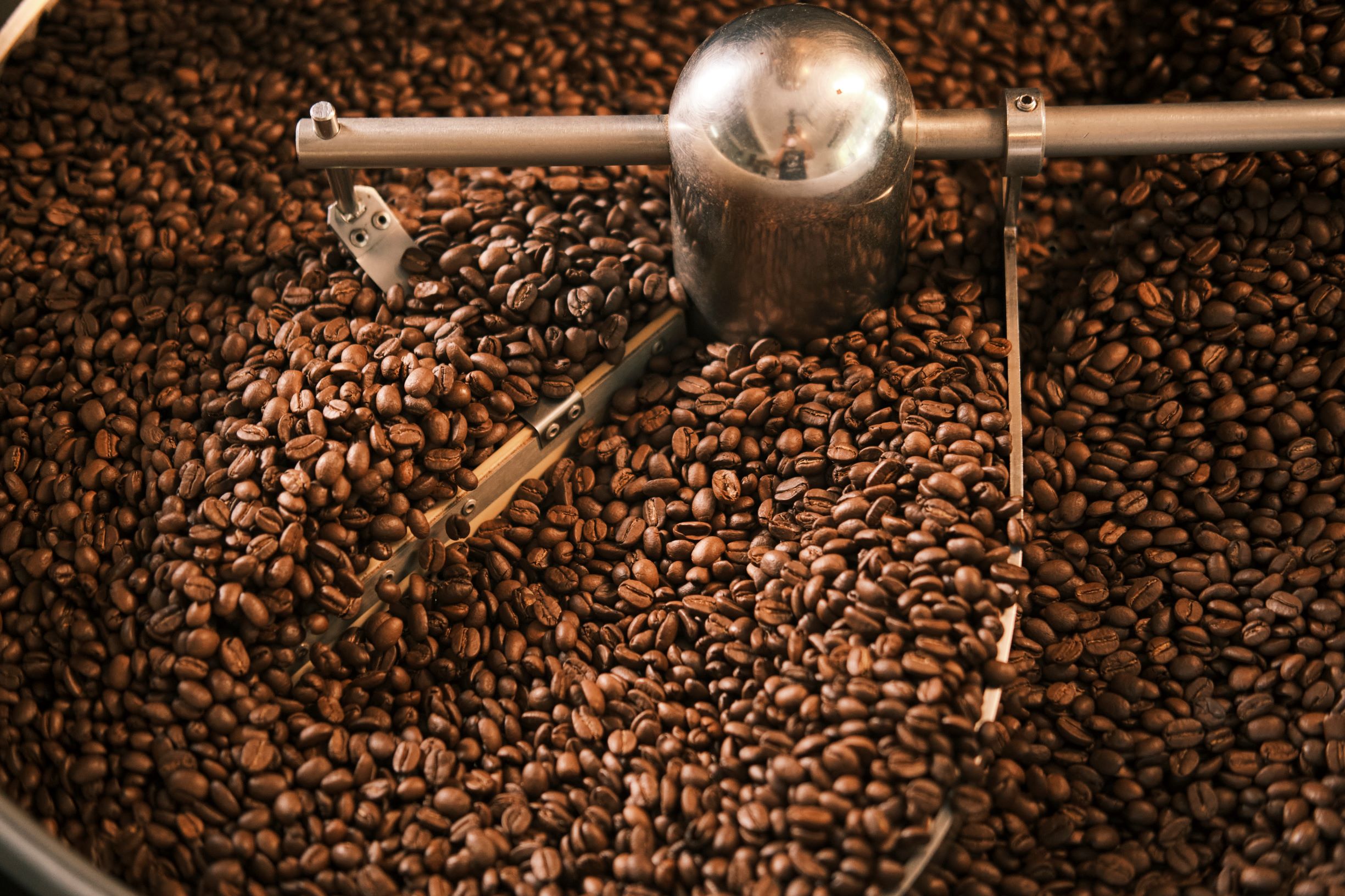A brand that champions the welfare of biodiversity, amplifies the voices of small coffee producers, and churns out qualitative roasts of coffee – Black Baza introduces us to coffee forests, and shows us why it is essential to look beyond coffee and its flavours.
When we talk about farms outside our imaginations, we don’t quite imagine coffee-growing plantations among them. But Arshiya Bose, founder of Black Baza Coffee Co, makes it a point to emphasise, “how we grow coffee, how we share space with wildlife big and small, is crucial to biodiversity-friendly farming practices”.
She illustrates this through her coffee: to practise regenerative farming, is to protect wild animals, forest trees, and native vegetation. Black Baza has pushed beyond the limits of organic farming to grow their variants of coffee. Bose’s partner producers grow beans under predominantly native tree species. They try to maintain thick shades of canopy, and consciously source from producers that do not use chemical fertilisers, choosing instead to work with those who naturally allow leaf litter to be the ultimate fertiliser.
Speaking of coffee production in the relative future, specifically the year 2065, Bose says that Black Baza would be something “amoeba-like”, adjusting to the needs and space of the community.
Coffee farming varies across regions and generations. It depends on available infrastructures, acres under cultivation, and workforces. And so, especially with small-scale coffee producers and indigenous communities, due to the volume of production and number of full-time or seasonally employed workforce, the supply network from producers to customers has wide gaps. There are also limitations in accessing viable markets. Where some coffee growers have access to export markets or specialty coffee roasters, a majority of small-scale producers have little or no access to either.
Here’s where Black Baza comes in. Their farms, or coffee forests, are designed in a way that maintains a constant balance between the indigenous communities that produce their coffee, and the wildlife that co-exists around these forested farms.
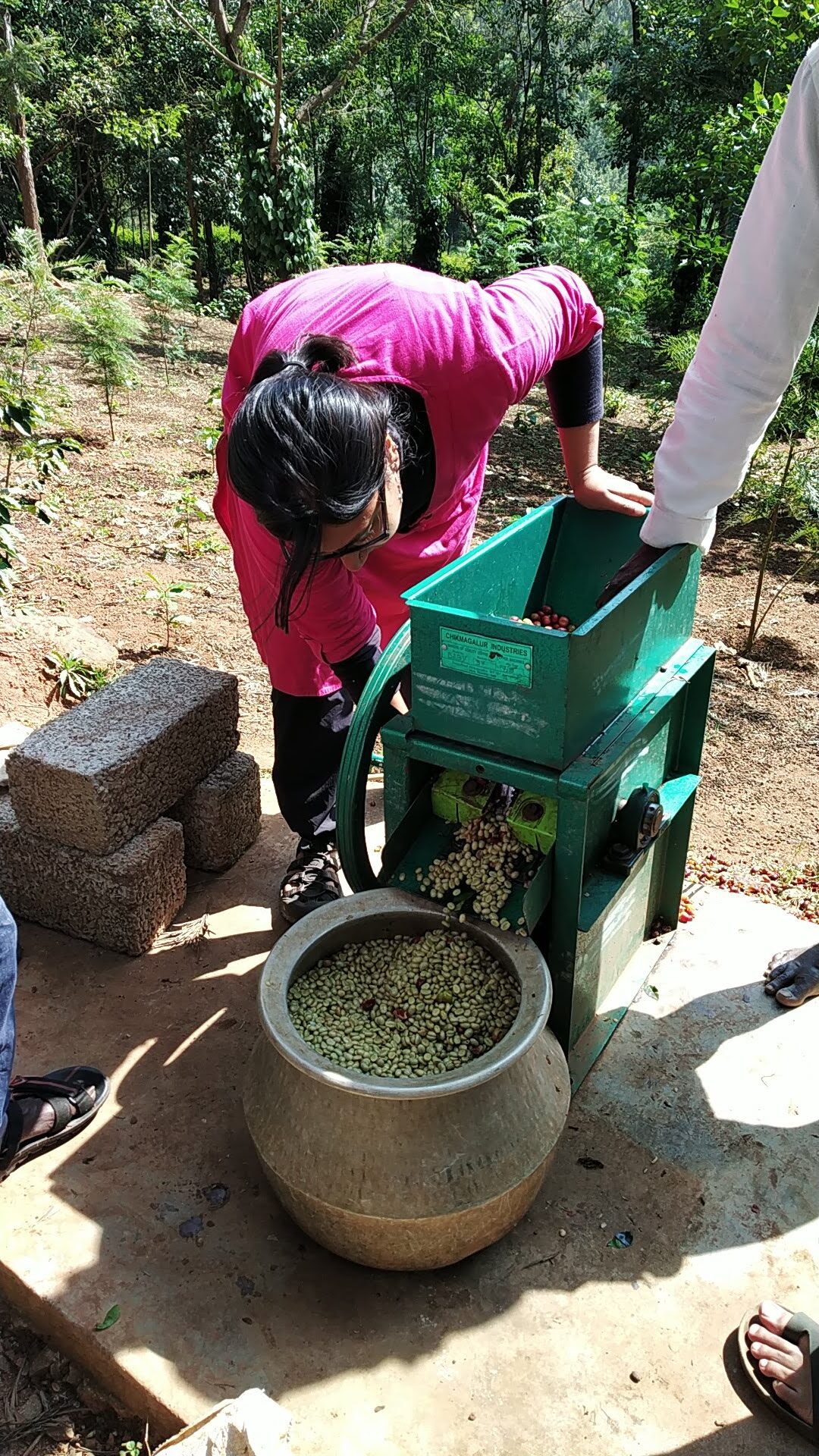
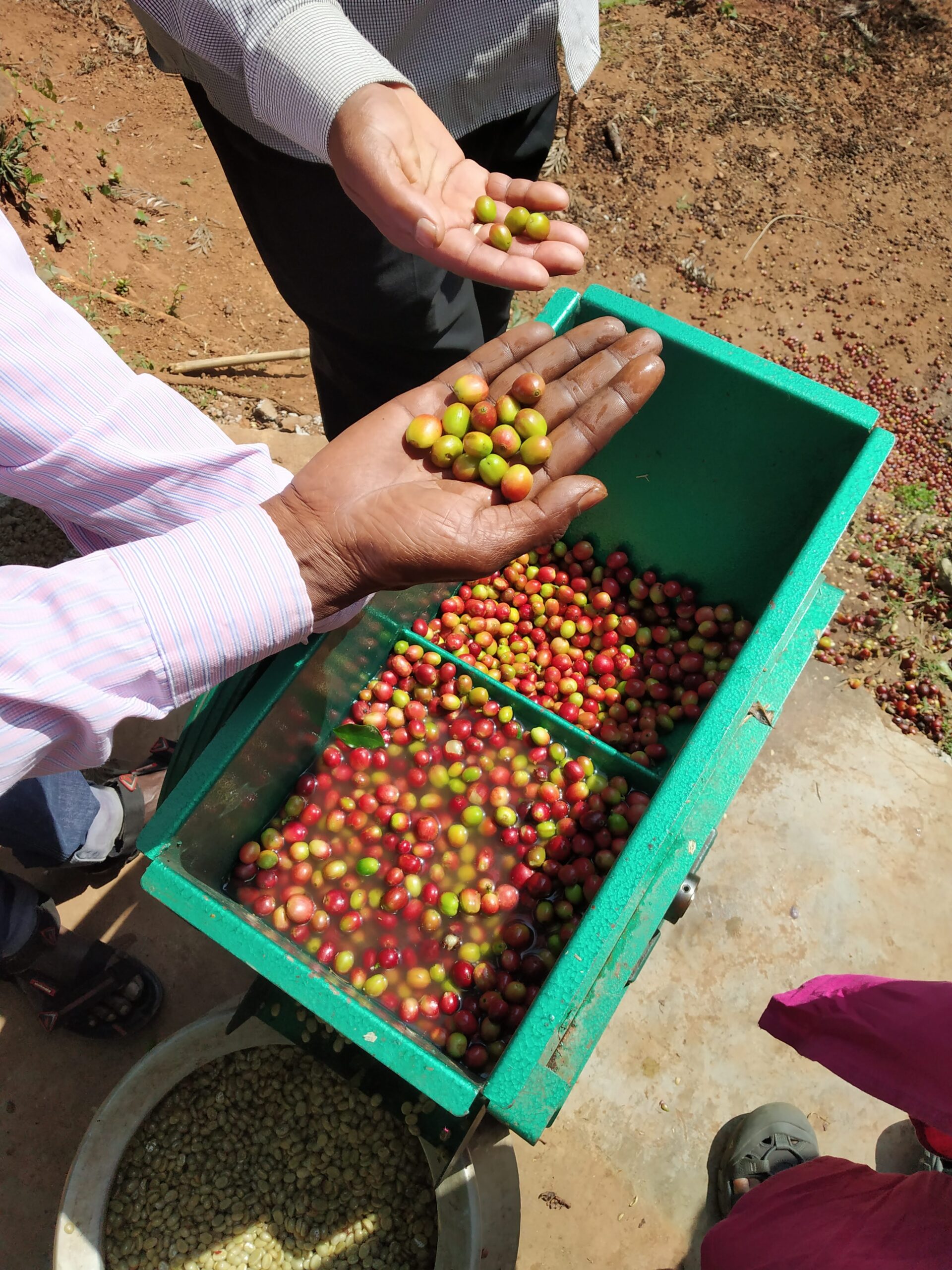
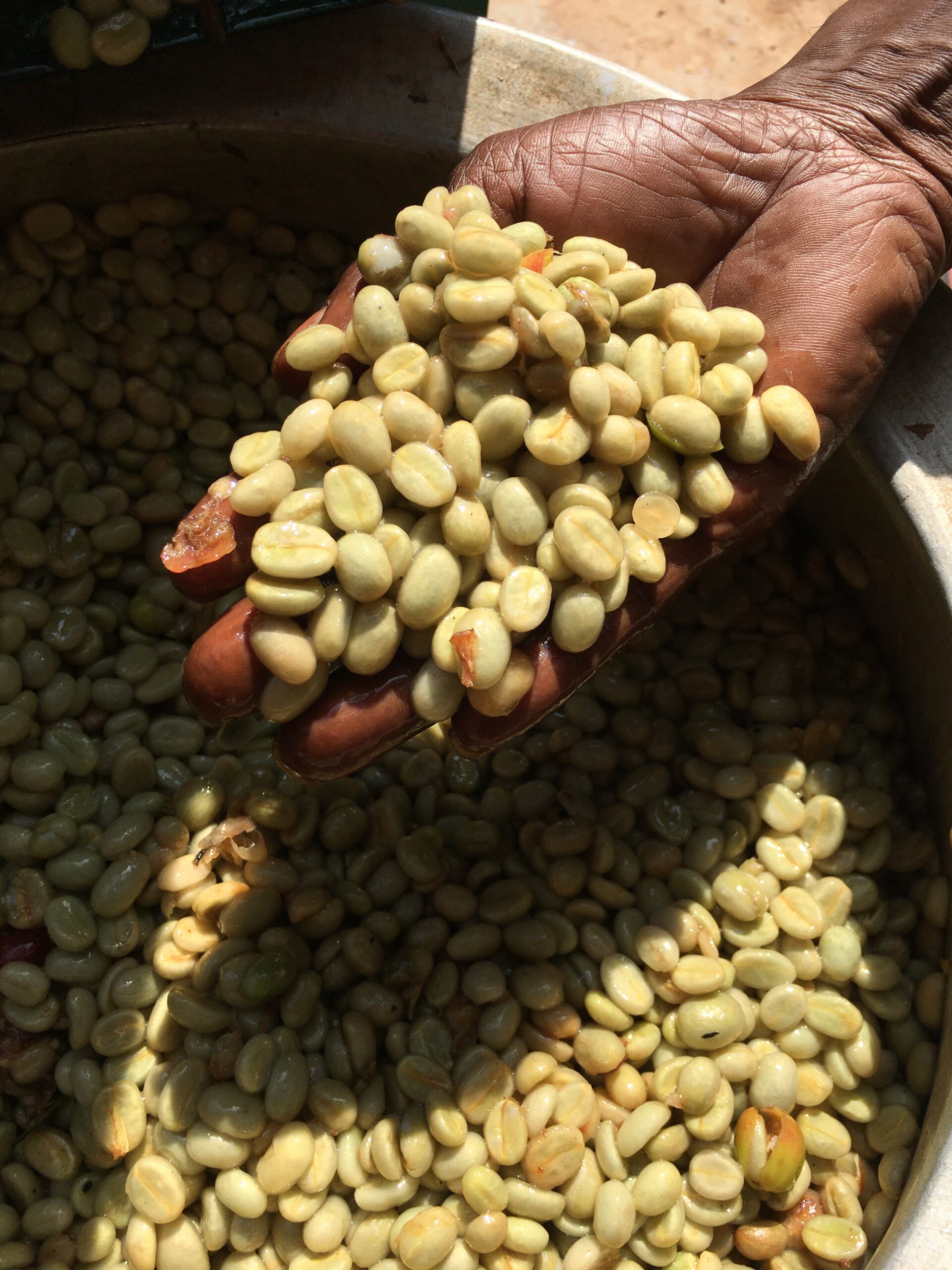
These producers primarily grow coffee under native tree varieties, with exotic species like silver oak accounting for under 20 percent of the total number of trees. The tree canopy is thinned out by the barest minimum to maintain many tiers of shade, and shrubs are weeded out in small quantities. Along with these practices, the growers use natural fertilisers (such as leaf litter), allow natural pollination of the coffee fruit through bees and wasps, and let barking deer de-weed the weeds.
Black Baza maintains coffee farms as close to the surrounding forest as possible. There are no fences that separate the farms from the forest. Animals move in and out freely without being disturbed by guns, fireworks, or vehicles driving by. In this way, Black Baza’s coffee is grown naturally, and so, is therefore devoid of the ‘single-estate’ label.
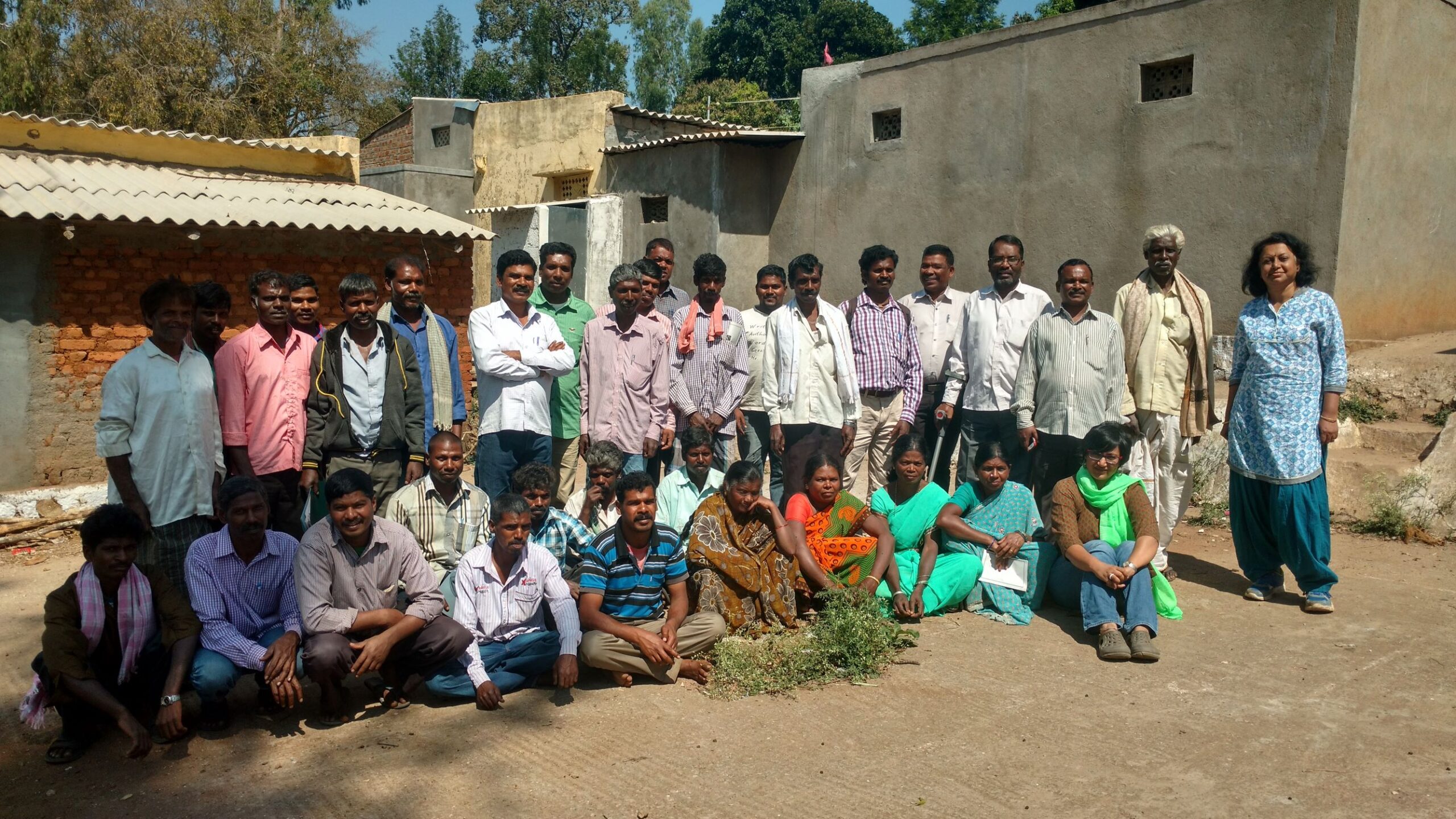
Bose complements this with the ‘1000 Year Brew’, a unique initiative that actively looks out for smallholder coffee producers and indigenous communities to plan for the future. Conventionally grown coffee has stripped natural biodiversity in many of the hotspots around the world, including the Western Ghats and trade systems have exploited small-scale holders. The 1000 Year Brew project makes sure that coffee is sustainable for both producers and consumers.
Speaking of coffee production in the relative future, specifically the year 2065, Bose says that Black Baza would be something “amoeba-like”, adjusting to the needs and space of the community. To provide context, she notes, scientists have said that by the year 2050, due to warmer regions, coffee production would have reduced significantly. To this, Bose poses one single question, “Will we be able to reverse this?”.
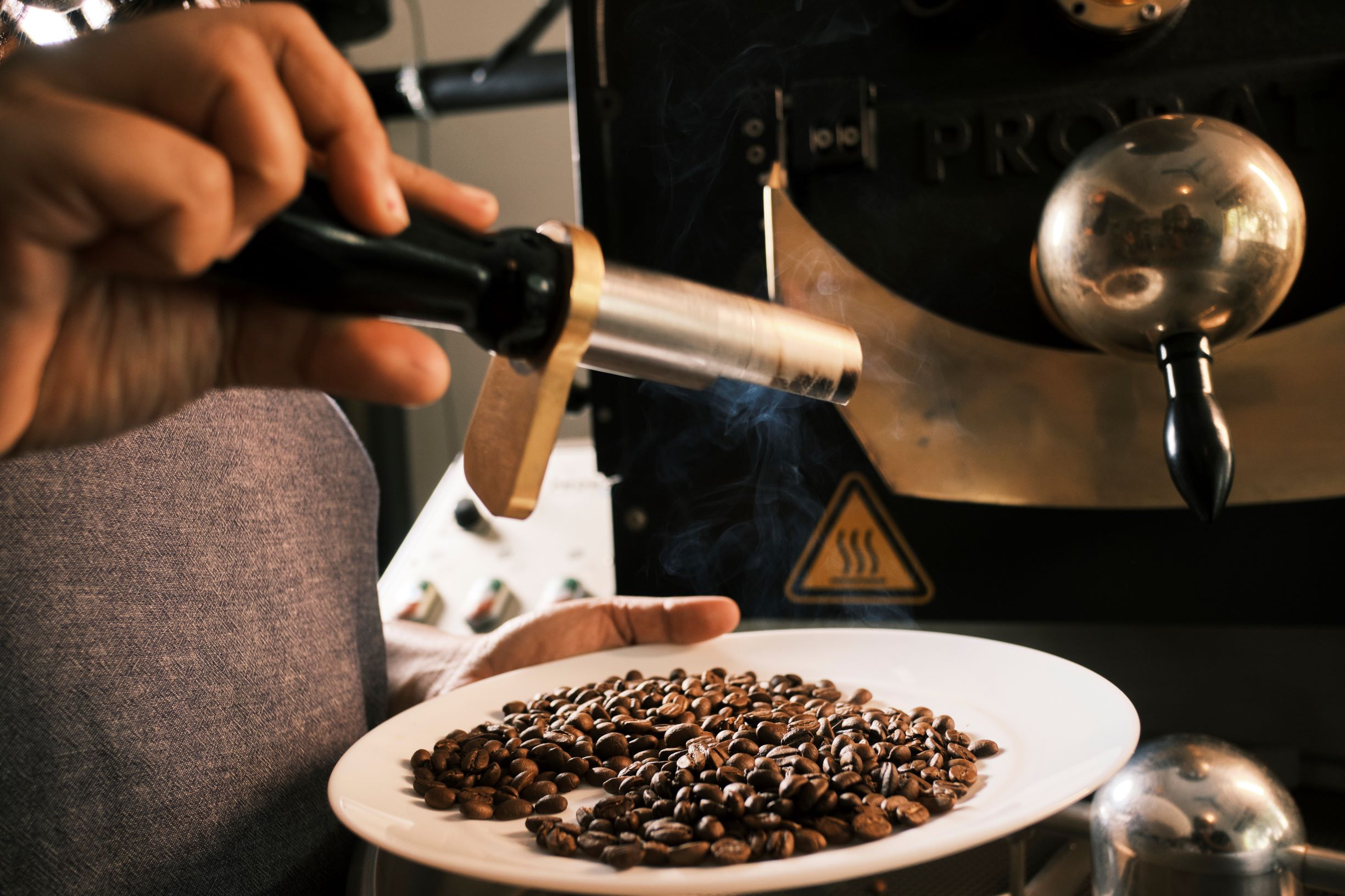
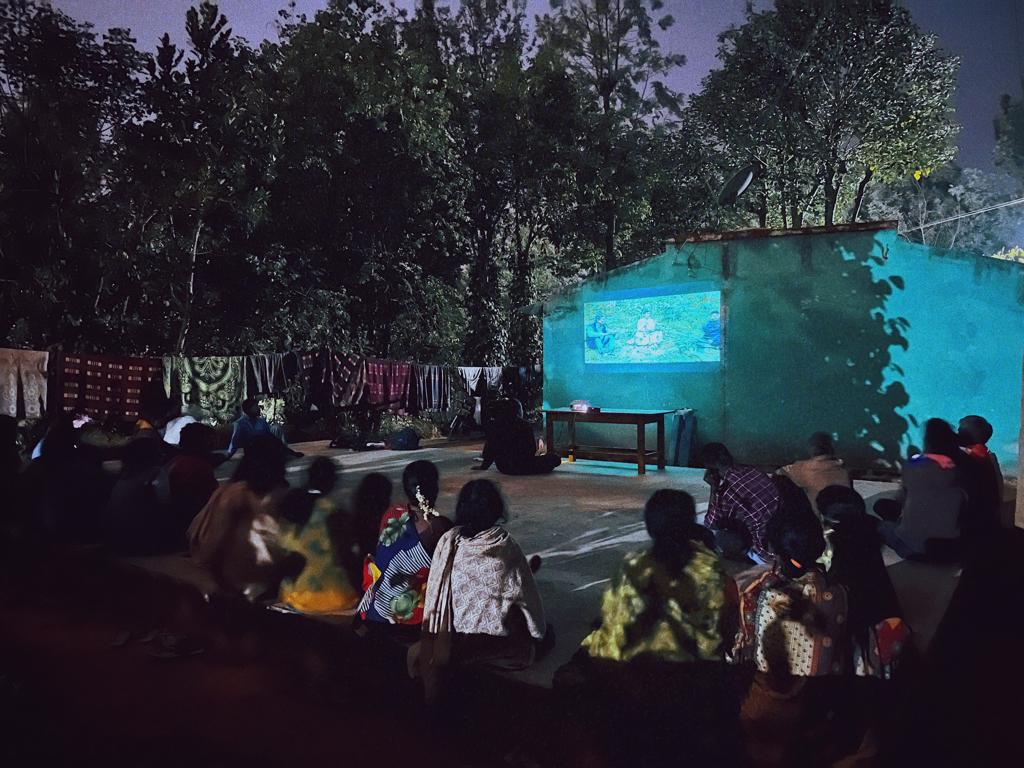
As an extension of Black Baza’s sustainable, climate-conscious production, the brand has started upcycling what has until now been considered food waste. Since last year, they’re also producing cascara as well as coffee flour. The former is dried pulp from which the coffee bean is removed, and the latter is made from coffee husk. Among Black Baza’s non-traditional coffee products, their cascara teas, kombuchas, tonics and vinegars have all been successful. Their coffee flour is naturally gluten free, and used to make ragi and coffee flour rotis, as well as chocolate mug cake.

Arshiya founded Black Baza Coffee in 2016 with the purpose of building a social and conservation enterprise that works with smallholder coffee producers in the Western Ghats, a biodiversity hotspot of India, to stabilise and secure livelihoods as well as strengthen biodiversity on coffee farms. Arshiya is an Acumen Fellow, Kinship Conservation Fellow and a National Geographic Explorer. She travels nowhere without her AeroPress!
You can read more about their 1000 Year Brew, and shop their diverse coffee collection at https://blackbazacoffee.com/

